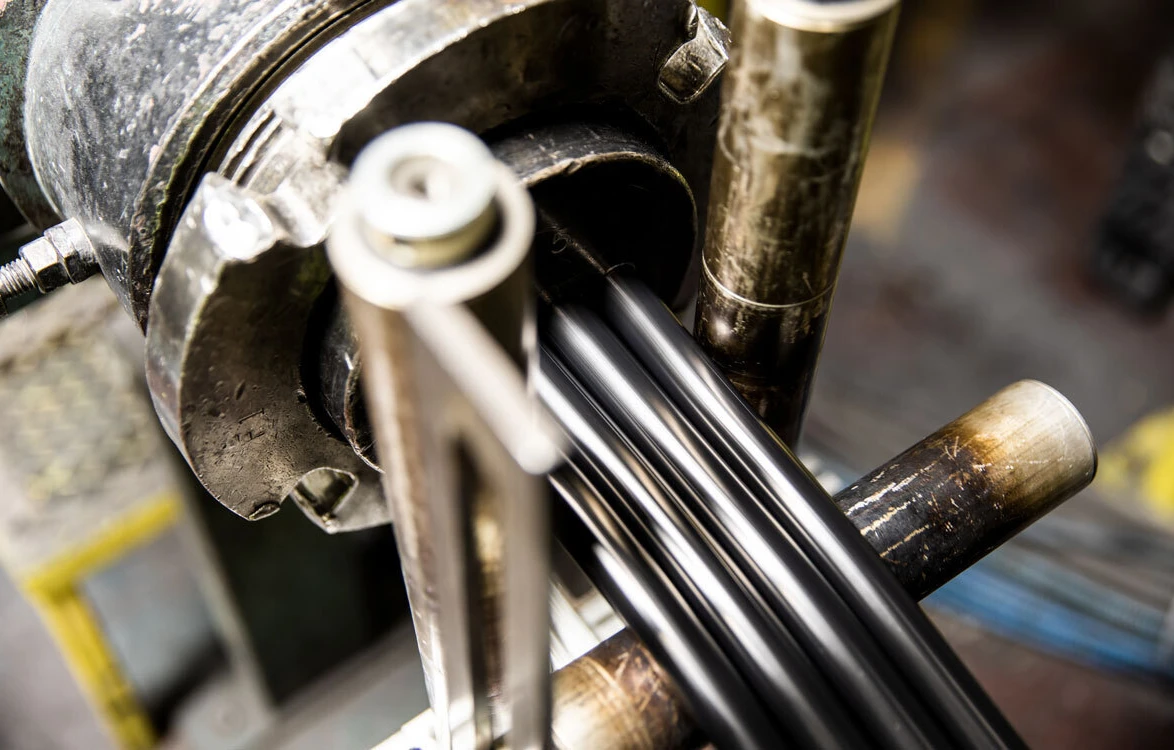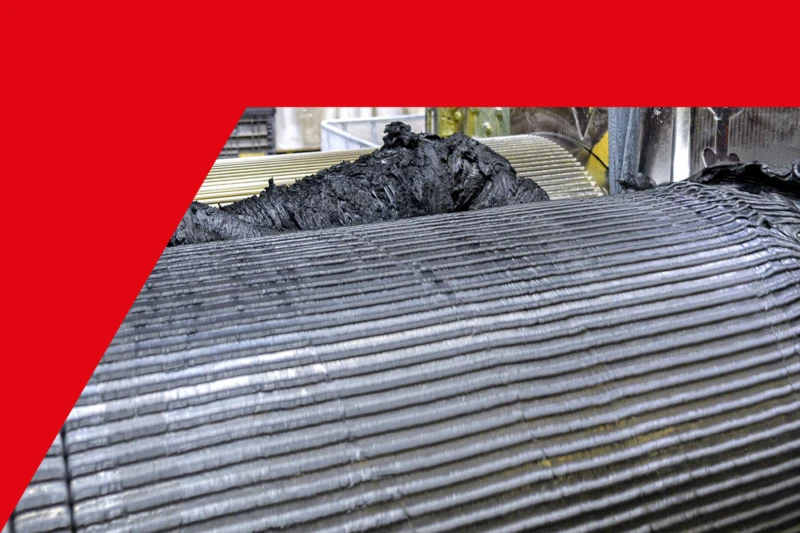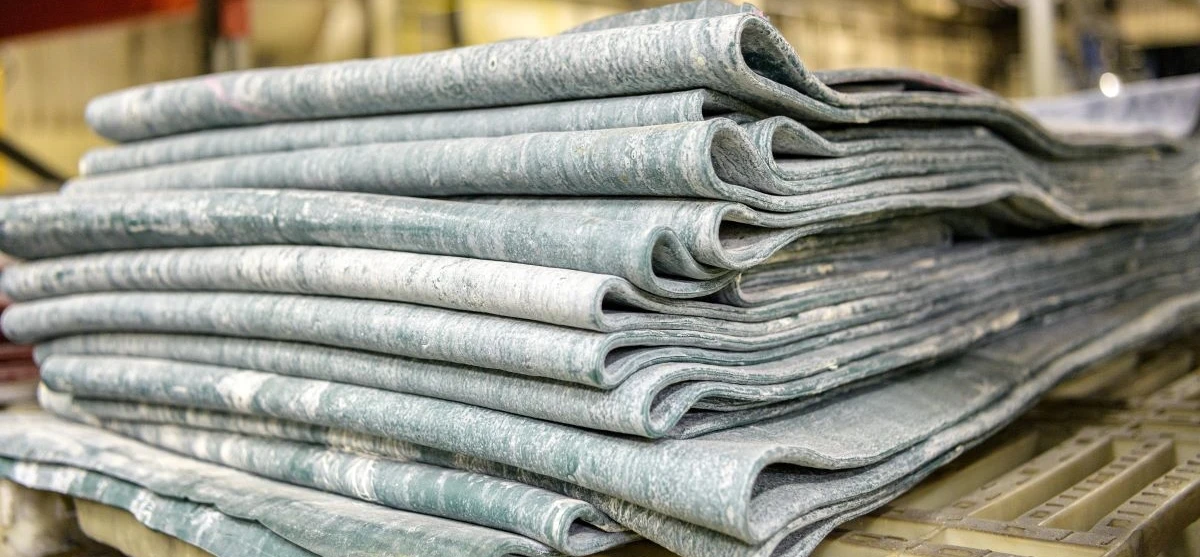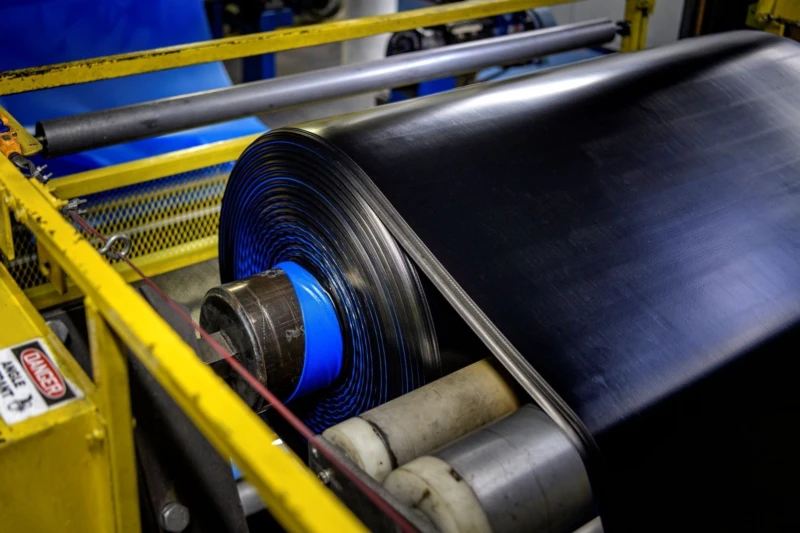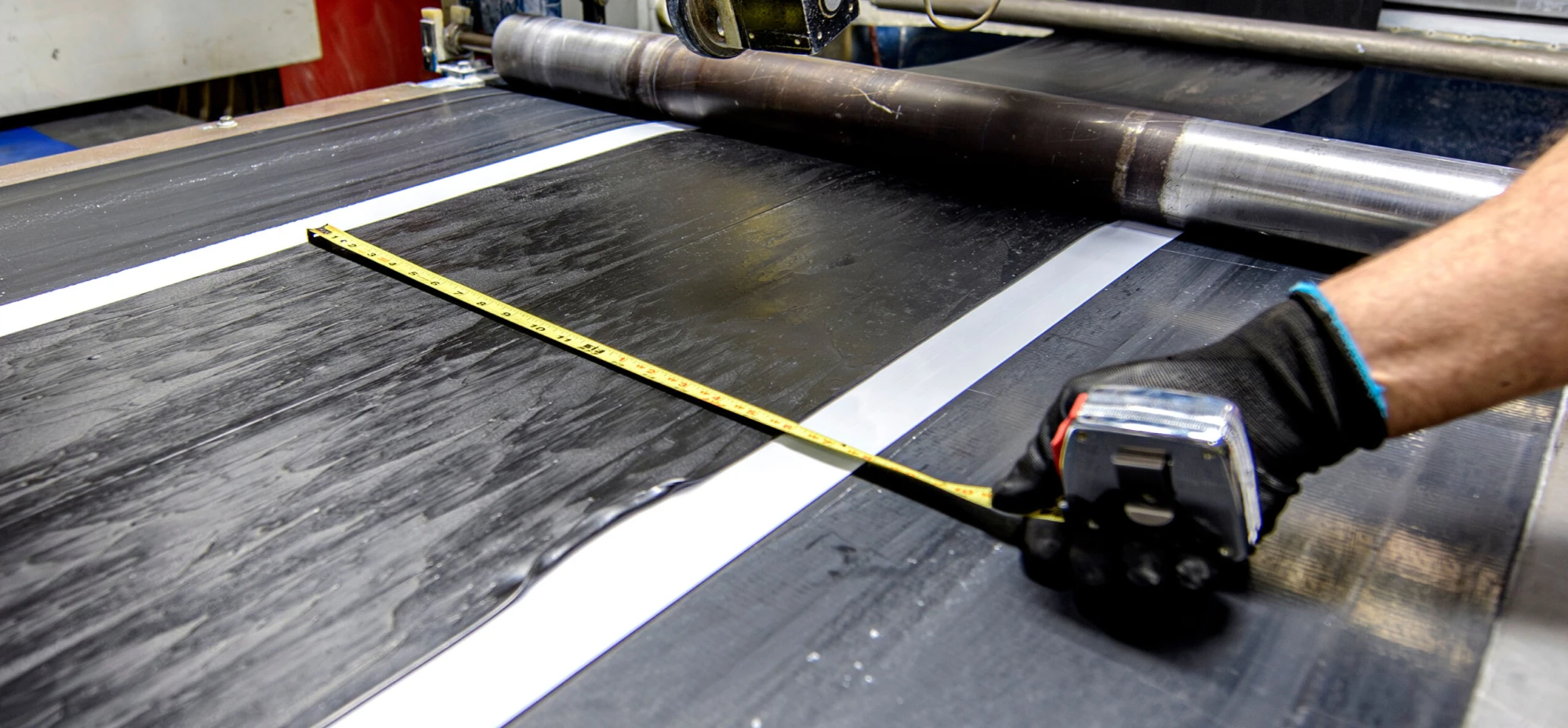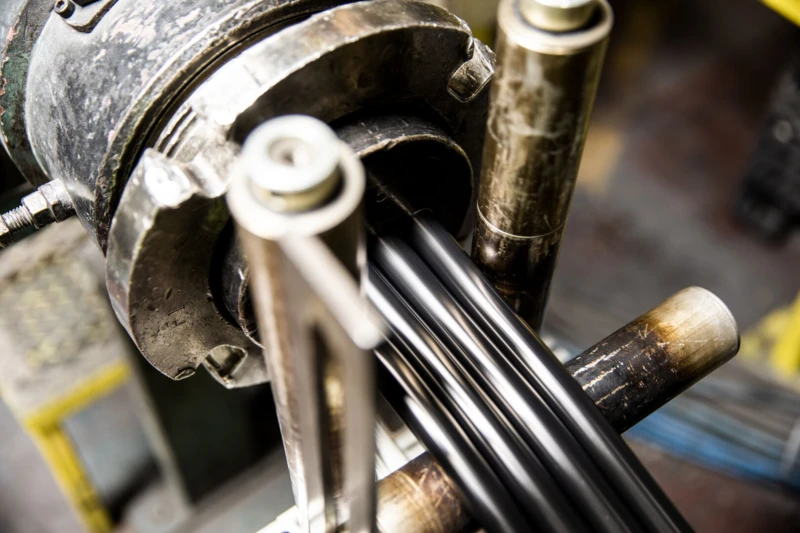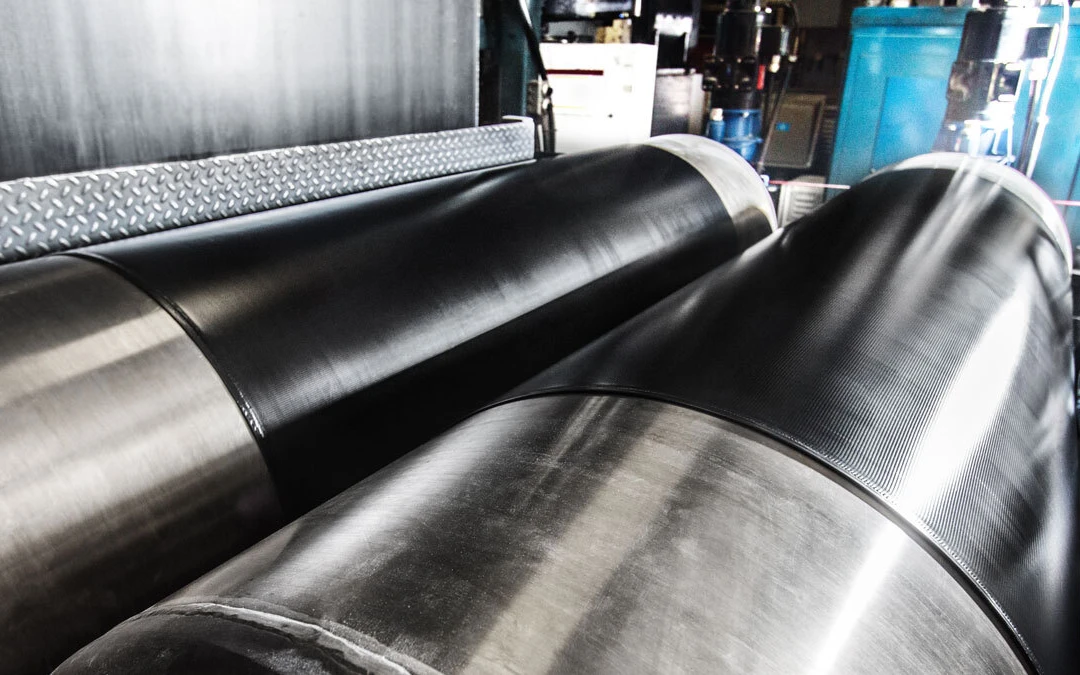Our Mixers
Soucy Techno is equipped with 3 mixers, including 1 dedicated to colour blending and 2 for rubber and plastic blends, including carbon black.
Every year, we mix 34 million kk (75 million pounds) of rubber and produce over 22 million kg (50 million pounds) of polyethylene.
Expansion on the Horizon
We are currently setting up a third rubber mixing line to support our growth.
It will integrate advanced technology, propelling us into the future. The first commercial productions on this line are scheduled for early 2026.
